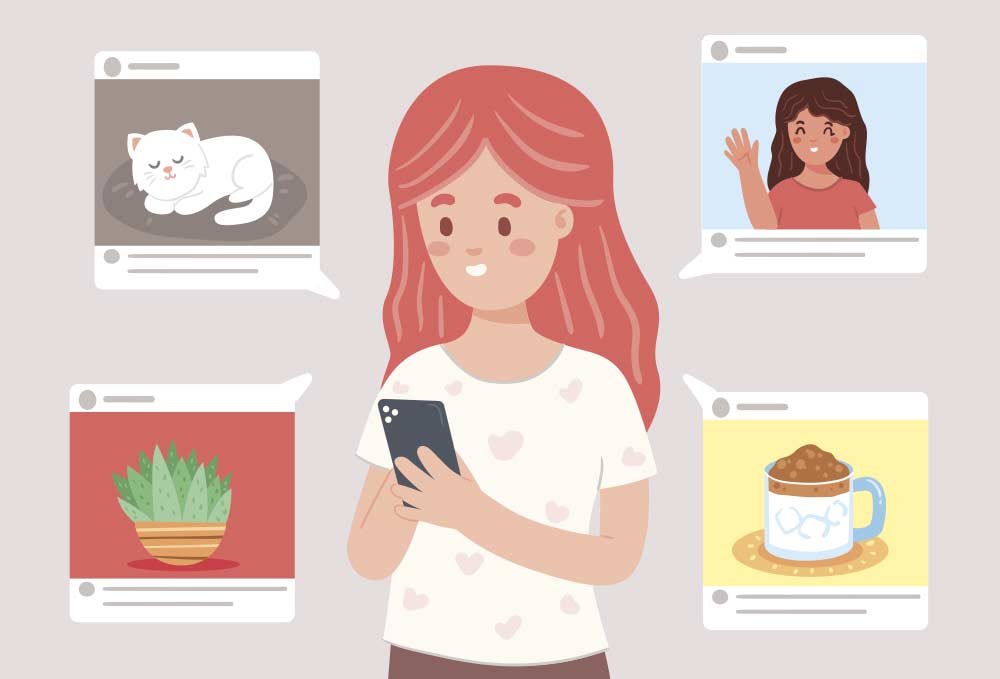“How are you?” you could ask a buddy. You'll usually get a quick, surface-level response such as ‘I'm perfectly fine’ or ‘I'm a little fatigued.’ Even when we truly want to know how they're doing, the recipient rarely reveals much, if anything at all, about how they're actually doing.
What is the reason for this? It's because the question often serves as a courteous greeting in social settings and nothing more than that. In other words, humans are perceptive social beings who have a tacit assumption that "how are you?" is just a well-intentioned nicety rather than a serious enquiry into their well-being.

So, if you're looking for an honest answer, you're probably asking the wrong question. However, if you carefully choose your questions, you can successfully imply that you intend to actually find out how they are doing rather than merely exchange pleasantries.
The last two years have been extremely difficult for most of us, owing to the ongoing epidemic, the loss of loved ones to COVID-19, financial challenges, and other everyday concerns. It's safe to deduce that the majority of us are far from "fine." So, how can we do more meaningful check-ins with each other? Here are some variations to the typical "how are you?" question, that are more likely to elicit an honest response.

1. How are you holding up?
This inquiry acknowledges that things are difficult right now and implies that you don't expect the other person to respond positively. The minor changes communicate to us that it's fine to stray from the conventional "good" or "fine" responses and acknowledge that we may not be "good" or "fine" in general right now.
2. What’s been on your mind recently?
This question hints at a willingness to engage in a more in-depth discussion. You might also follow up on a worry or concern they've had in the past and see how they're doing on that day.

3. Is there any type of support you need right now?
This not only shows your loved ones that you're interested in what they're going through, but it also shows that you care about their problems and want to help.
4. Share a piece of news they might be interested in
It’s understandable that in the current scenario, most of the news items will be grim and highlight the struggles faced by everyone. However, not all the news we consume has to be so upsetting. You can look for news items on subjects your loved one is keen about and share that piece with them. It also serves as a great conversation starter.

5. Congratulate them on a win they’ve had
It doesn’t matter how big or small their achievements might be, congratulating them will encourage them to keep going on. This may also prompt them to share the struggles they had to go through to reach this milestone.
6. Send them a meme
There’s no denying that memes have become a huge part of our lives. After all, a pictorial representation of how you’re feeling, or the situation is an apt way to share what’s on your mind. They not only serve as a great conversation starter but can also bring a smile to your loved one’s face, while also showing them that you’re thinking of them.

7. Ask them if they’ve seen a popular new TV show
With the soaring popularity of web series and OTT platforms, there’s seldom a chance that you may have missed a new show or movie. There’s always talk about a recent show or film online as soon as it is released. You can leverage this by asking your loved one if they’ve had the chance to watch it and discuss it. You can also offer to watch it together with them, whether virtually, or having an in-person date night. Studies have shown that a relatable character on-screen can help the viewer open up more about their feelings.
8. Are you anxious about anything? Are you feeling down at all?
If the options above don't seem to be working, try asking a more specific question about how you think this individual is feeling.
Providing 'feeling state phrases' can assist your companion to verbalise their feelings. Also, wording your inquiries in this way lets your friend know that you're looking for true intimacy and honesty and that their response won't surprise you off guard.
Is there another way to get them to open up? Lead by example: You might encourage your loved one to talk more honestly about their mental or emotional health by being transparent about your own. When you speak openly about your personal experience, you allow the other person to do the same without fear of being judged.
It's fine if they don't open up to you after that. Simply checking in demonstrates your profound concern and care—and that is powerful in and of itself. Let them know that you'll be there to listen when they're ready to chat.
Also Read: How To Be There For A Grieving Friend
Also Read: Caring For A Loved One With Mental Illness